One-third of the £594m National Tutoring Programme Funding Unspent

About one-third of the £594m earmarked for tutoring to help students catch up after Covid lockdowns has gone unspent, a BBC investigation has found.
The National Tutoring Programme (NTP) supports schools by providing access to high-quality tutoring to help pupils whose education has been affected by the Covid-19 pandemic.
The scheme, launched in November 2020, provides schools with funding to subsidise tutoring. Any money not spent each academic year is returned to the Treasury.
According to a BBC Freedom of Information request, almost £209m of the £594.3m allocated to the NTP for the previous two academic years has not been spent.
Here are some participation stats from the scheme so far:
- The latest Department for Education (DfE) data estimates that 66% of schools in England have participated in the NTP this academic year, as of January.
- London has the highest rates of participation, at 73%. The lowest is seen in the North East, at 62%.
- In the 21-22 academic year, 87% of schools in England used the scheme.
Schools must top up any government money from their own budgets. This is something some teachers say they simply cannot afford.
The government has previously said it has helped millions of children. However, Labour called the scheme a “shocking failure”.
Sector Response
Steve Haines, Director of Public Affairs at youth charity Impetus, said:
“Tutoring is one of the best-evidenced interventions for supporting young people to make accelerated progress, but the National Tutoring Programme will only work if schools are able to use it.
“Back in July Impetus advised the DfE that they should be looking at higher subsidies for good quality tuition providers to encourage take-up.
“Young people from disadvantaged backgrounds are already less likely than their better off peers to pass their SATs and GCSE English and maths exams, and we are concerned that unless the government makes the changes necessary for more schools to use the scheme, they will fall behind even further.”


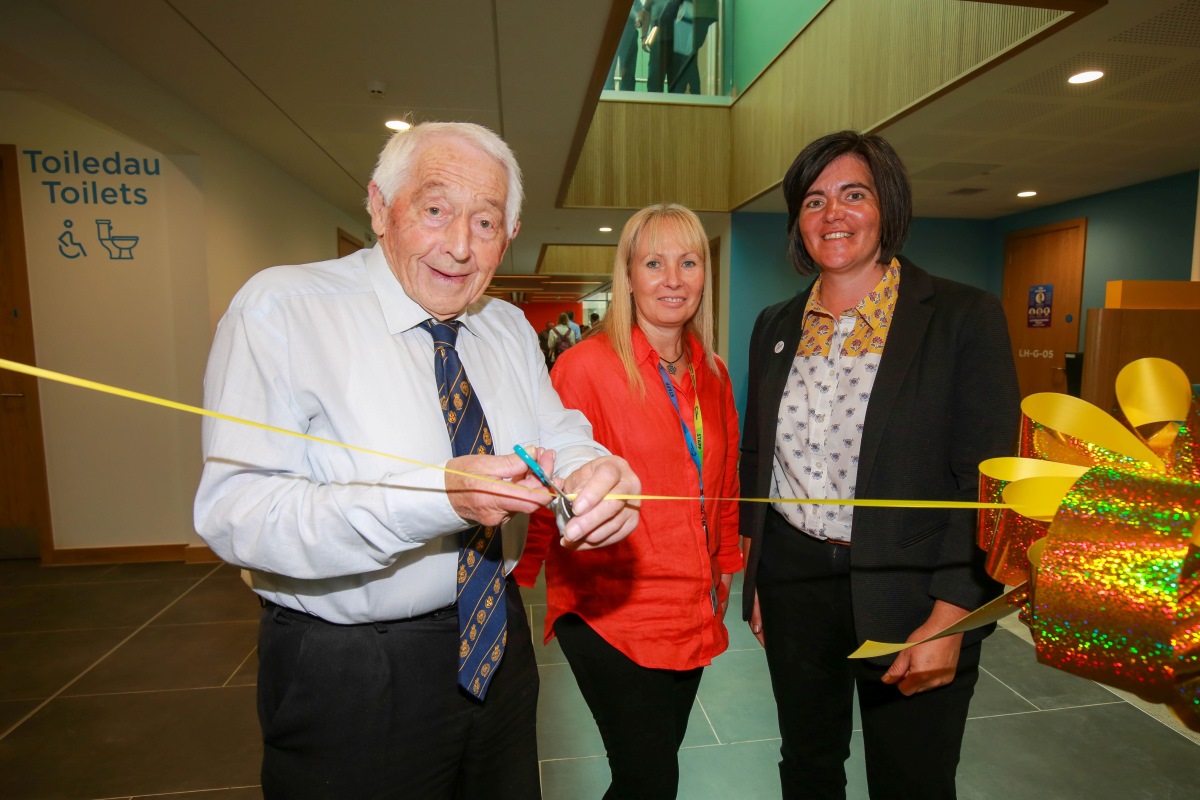
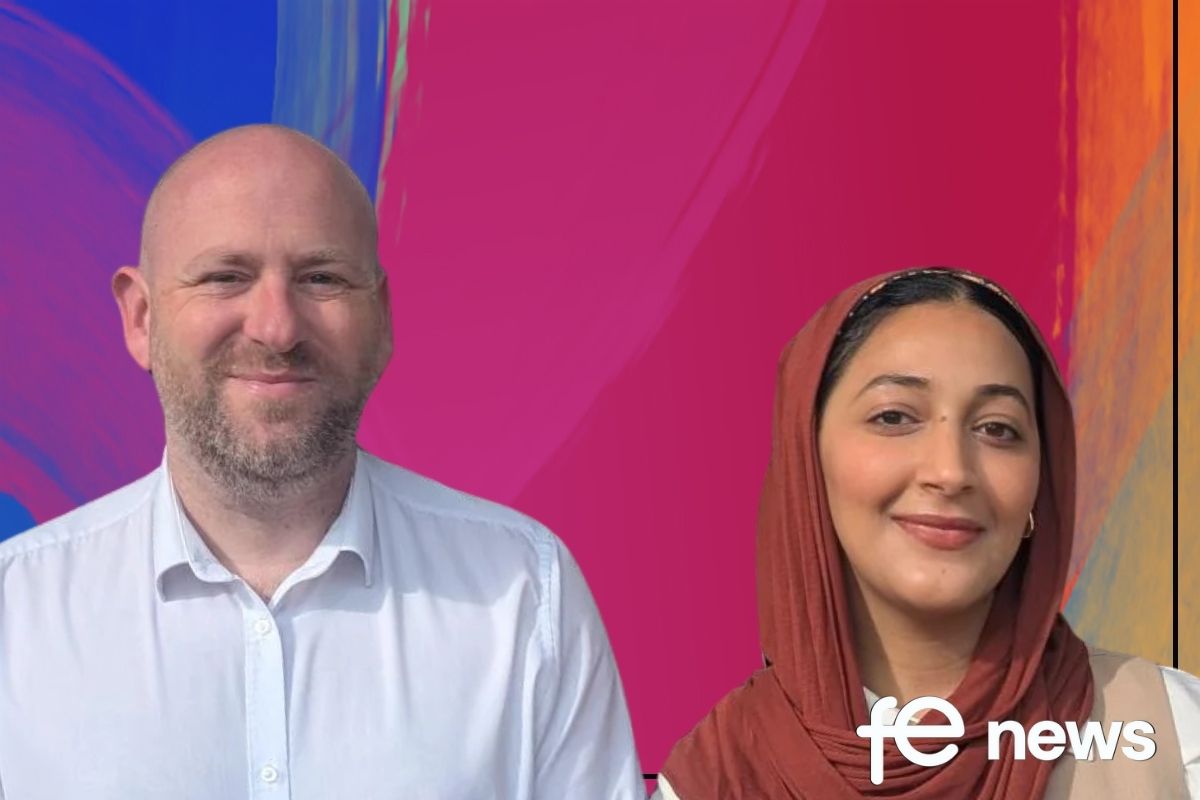

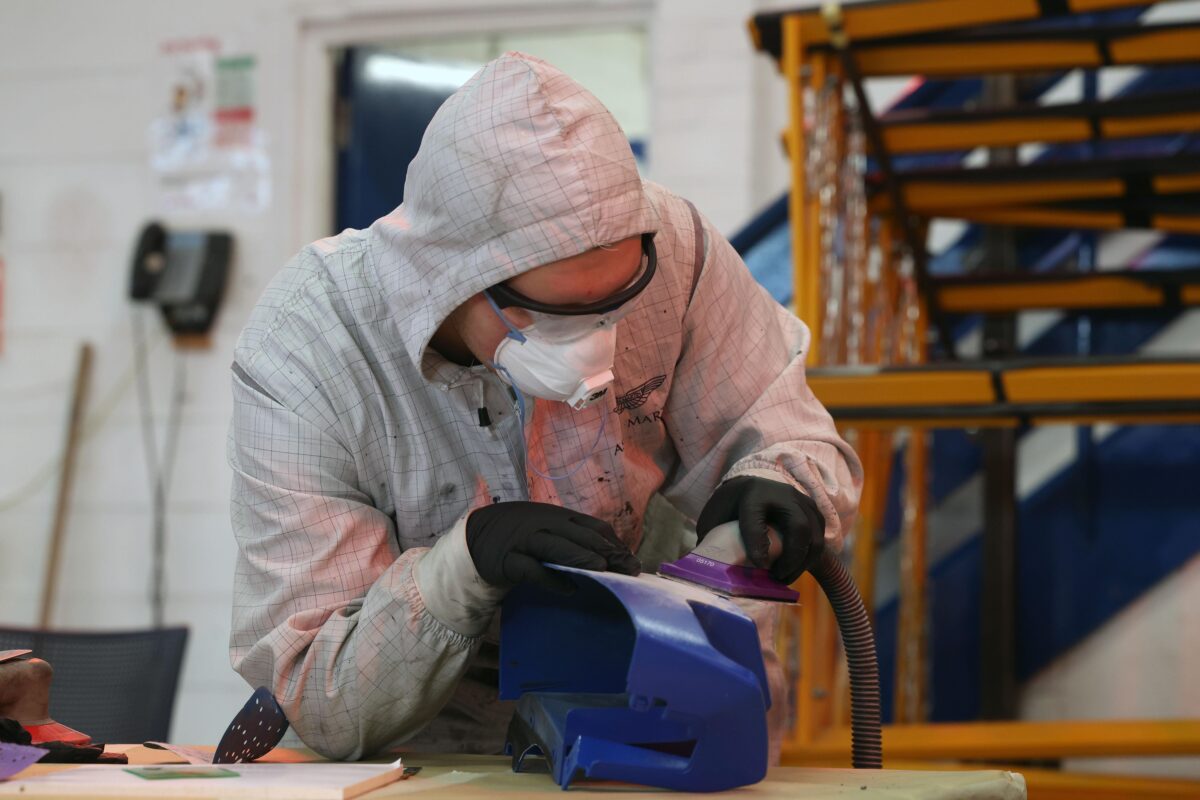

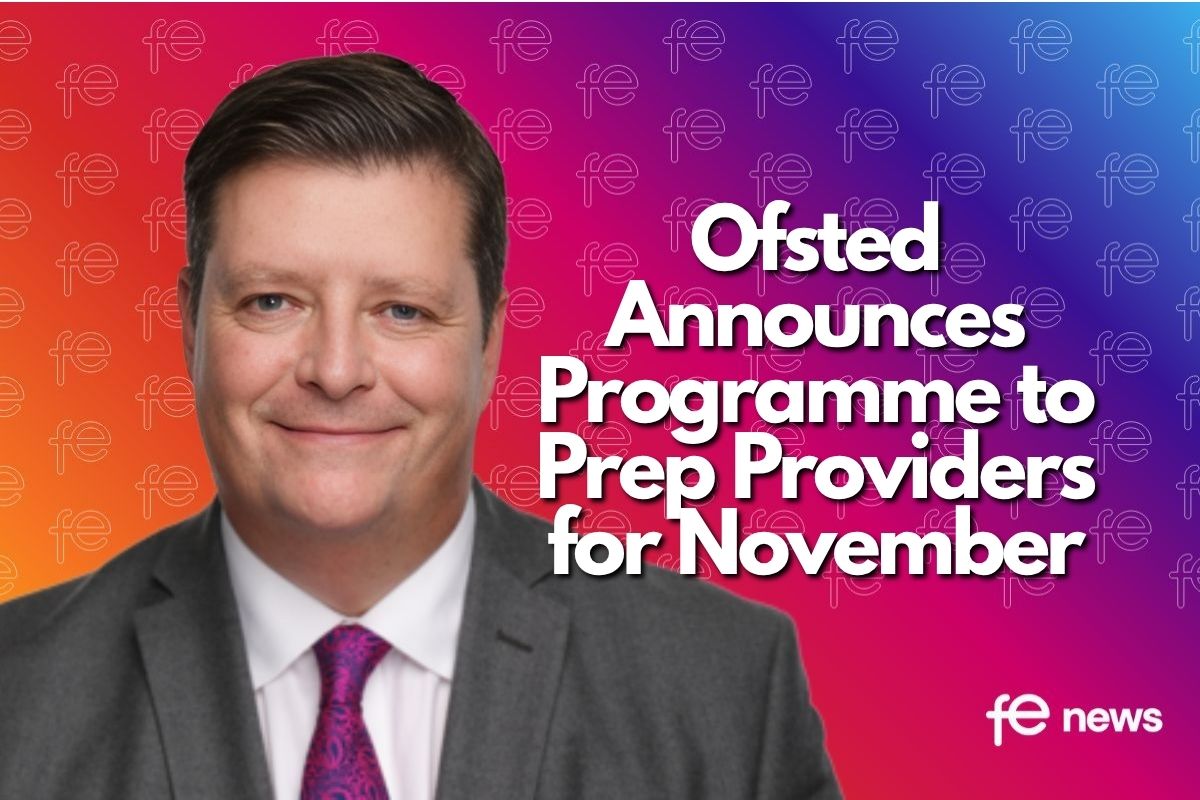
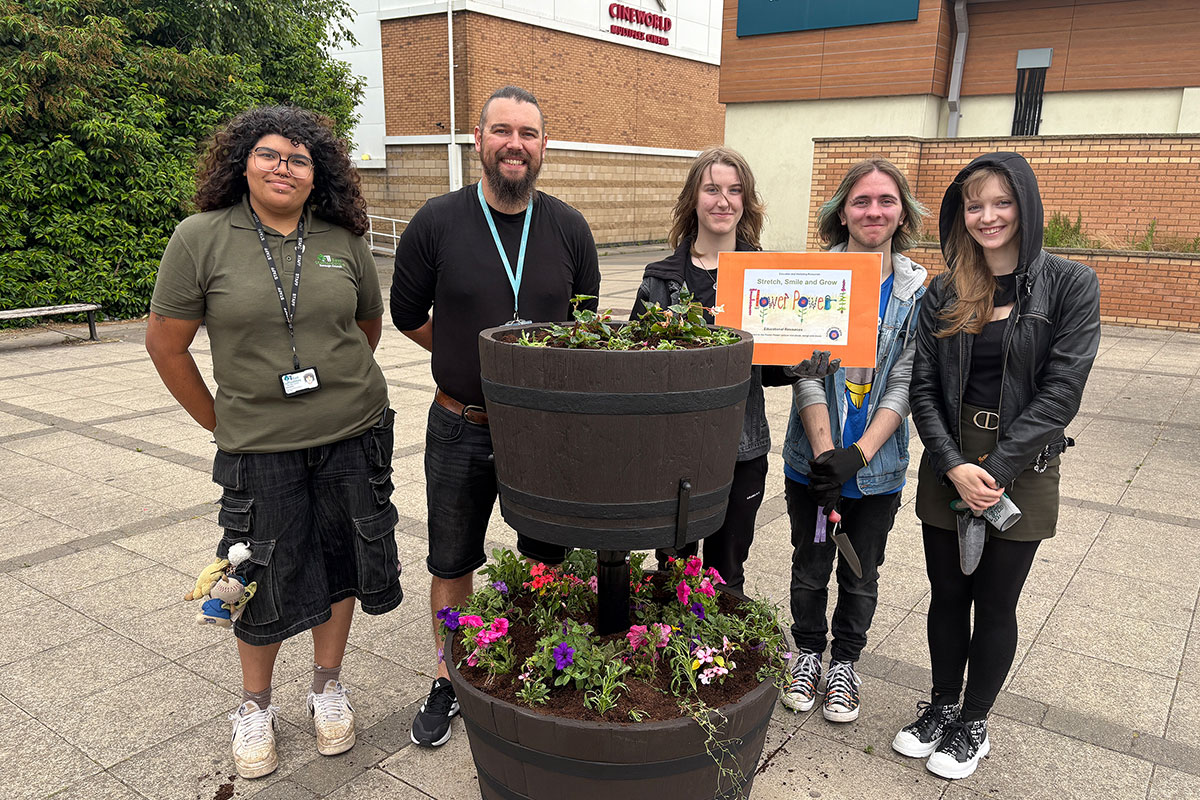
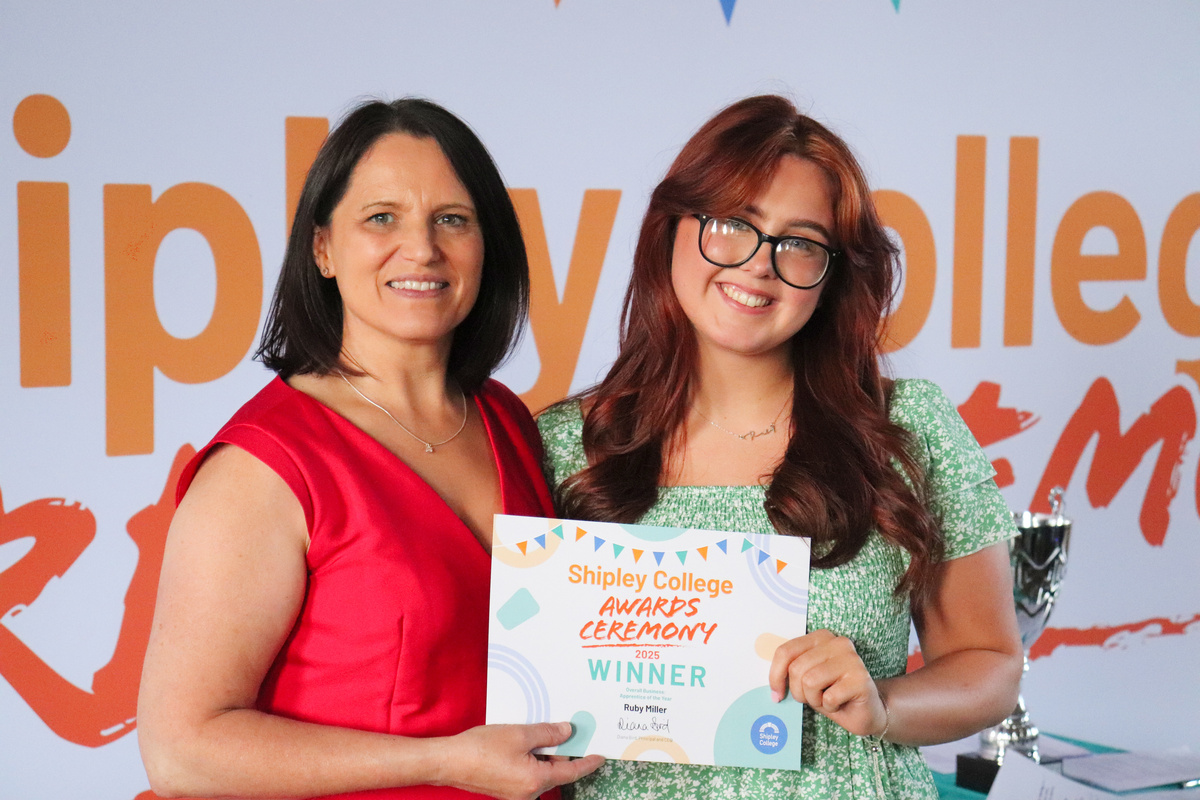

Responses